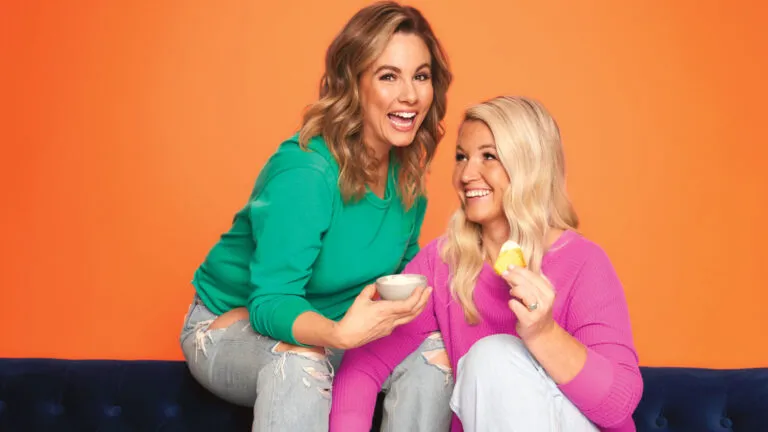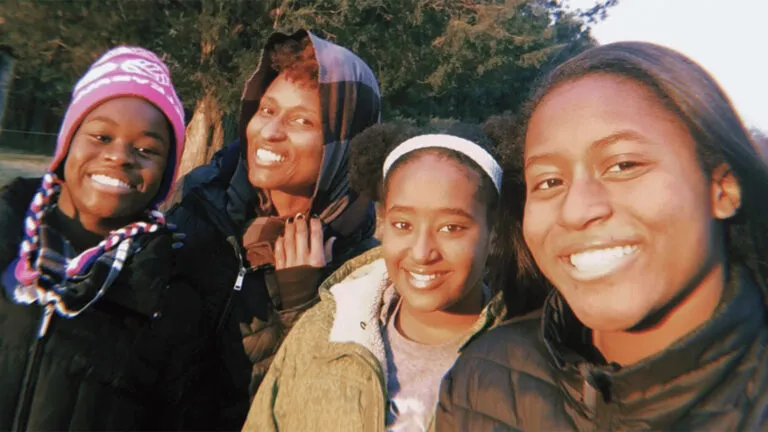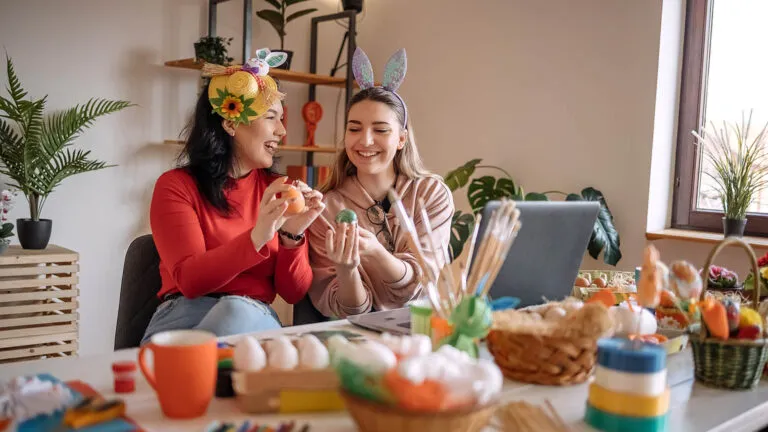Tension at the dinner table, strained conversation with your spouse, tumult with your teen, confusion and chaos with coworkers…these are all common relationship problems that can lead to stress, anxiety and frustration. And nobody wants that. What we all want are better relationships with the people in our lives but often we have no idea how to go about creating them. Even the best relationships could use some relationship advice.
As a marriage and family therapist, a relationship coach, and as a wife of 32 years and a mother of 3 grown children, I have spent decades living the mystery and mess of relationships and helping people create better personal and professional relationships. Through the years, I’ve discovered a few simple, yet foundational, skills you need to solve your relationship problems. Here are 5 ways to improve any relationship:
1) Listen with your eyes and ears.
When was the last time you gave someone your undivided attention? In our fast-paced, multi-tasking world, this can be rare. Effort, time, and focus – not efficiency – are foundational to improving relationships. People want the gift of “you matter to me so I will give you my full attention and listen with my eyes, ears, and heart to what you are saying, not saying, and all you are trying to communicate.”
We can improve any relationship when we offer our undivided, focused attention and listen.
2) Focus on what the person is saying to you.
Listening is hard. We have to slow down our minds, put our agenda aside and pause. Often when we listen, we are busy crafting our response to their words and thoughts. We are distracted in our listening. So physical attention is one element, but mental attention is the next.
We have to pause and pay attention. What are they communicating with their words, tone, inflection, body language, emotion, and energy? If our minds are occupied crafting our reply, these nuances go unnoticed. However, when we pause and pay attention, we see and hear much more of their message and relationships get better as we practice the discipline of listening well.
3) Always validate feelings and ask questions for clarity, when necessary.
One afternoon, our son came home from school and declared, “I don’t have any friends.” This troubled me, especially since he was an outgoing and popular kid. So I responded in typical reassuring mom fashion and said, “Of course you do, there’s Michael, Bobby, Paul…”
Conversation over! I was uncomfortable with my son’s feelings so I didn’t validate them. I got caught up in me and completely missed him.
While we might not like what we hear, feel squirmy at the truth someone names, or even disagree with another person’s opinion, validating them – rather than dismissing, diminishing or trying to talk them out of their feelings – is a sure fire way to improve any relationship. Try it.
Resist the urge to respond, “But you…” “Well, what about..?, or “It’s not that bad…”. Instead say something that validates the way they feel or think, “I am sorry you feel that way.” “What happened to bring on these feelings?”, or, “That must be really hard…”
These sentences open the door to more conversation and foster feelings of being heard. When we feel heard, relationships improve.
4) Learn their love language.
In his book, The 5 Love Languages, Dr. Gary Chapman discusses the fact that we all give and receive love in 5 unique ways: Gifts, Words, Acts of Service, Quality Time and Physical Touch. We tend to communicate in our “native” love language and wonder why we aren’t connecting.
Communicating in a person’s specific love language is a bit like hearing your native tongue in a foreign land. Sadly, we often don’t know the love language of the important people in our lives, and by default show our love, affection, and care in our own language and wonder why our efforts yield less than desired results. Working with married clients I find this miscommunication is often at the root of strife and misunderstandings. For example, the wife loves words while her husband’s love language is gifts. He brings her flowers, leaves her little notes, and yet she wonders why he doesn’t say he loves her, that she looks nice, or other loving things. He thought he was communicating love loud and clear with all the thoughtful gifts, and she was starving for words. Learning and using one another’s love language helps communicate care in a language we can understand and that helps make any relationships better.
5) Ask yourself, “Is being right more important than this relationship?”
Every growing relationship inevitably encounters disagreements, tensions, even stand-offs like the Alamo. We will make mistakes, hurt the people we care about, and are hurt by them. In those moments, we have to ask ourselves the question, “Is being right more important than this relationship?”
Often we stubbornly defend our ground with little awareness of the damage to the relationships. I have done this countless times, arguing like a prosecuting attorney without counting the cost of needing to win the point. Is being right really more important than this person and the relationships I want with them? Rarely.
Be willing to back down, agree to disagree, look at it from their point-of-view, be willing to say “I’m sorry,” make allowances, and offer forgiveness because the relationship is more important than being right. This posture is essential to any relationship growing deeper and stronger. We are diamonds in the rough, bumping up against other rough diamonds, struggling to connect. Grace, patience and a willingness to be wrong speaks volumes to the people we care about.
There is always hope in relationships. Remember, relationships can change and grow even if you are the only one making an effort. Keep the faith, and your patience. We are hard wired for connection, and our efforts to improve communication, create understanding, and show genuine care will be rewarded over time.





